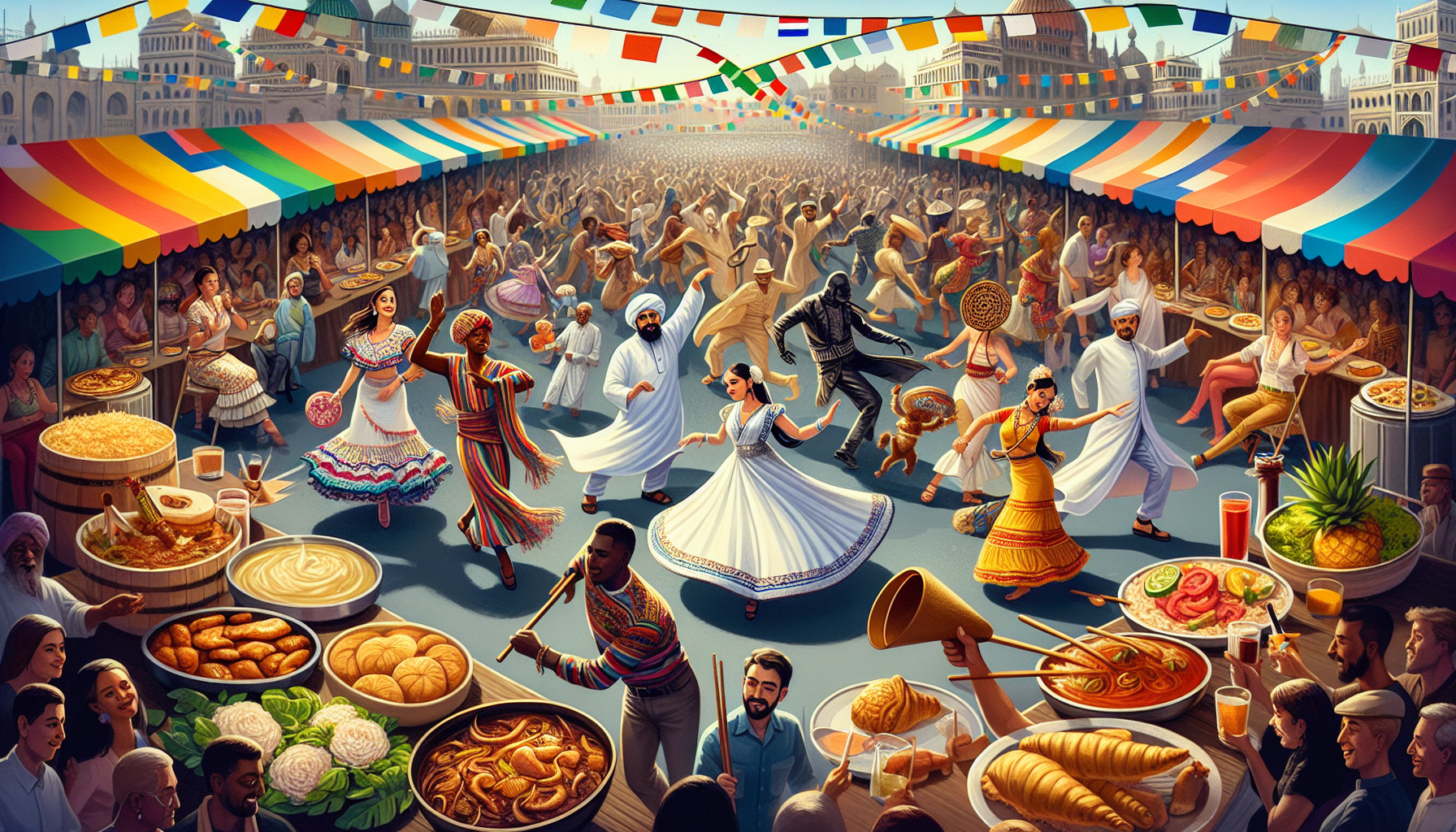The Sonic Evolution of Video Game Music

The journey of video game music began in the late 1970s and early 1980s with the introduction of home consoles and arcade games. The first gaming soundtracks were characterized by their 8-bit sounds, a product of the limited hardware capabilities of the time. Games like "Pong" and "Space Invaders" featured simplistic sound effects that served primarily to signal actions or events within the game. As technology advanced, composers began to experiment with more complex arrangements, leading to the birth of the chiptune genre. One of the most notable examples is "Super Mario Bros." (1985), whose catchy theme, composed by Koji Kondo, is instantly recognizable and has become emblematic of video game music. Similarly, "The Legend of Zelda" (1986) introduced players to a thematic journey underscored by Kondo’s memorable compositions, which not only complemented gameplay but also left a lasting impact on the gaming culture.
The Rise of MIDI and Orchestration
As gaming technology progressed, so did the capabilities of sound synthesis. The introduction of MIDI (Musical Instrument Digital Interface) in the late 1980s allowed composers to create more intricate soundscapes. Titles such as "Final Fantasy" (1987) and "Chrono Trigger" (1995) began to feature soundtracks that included a wider range of instruments and styles, moving beyond the limitations of 8-bit sounds. The late 1990s and early 2000s marked a pivotal shift with the advent of CD-quality audio. "Final Fantasy VII" (1997), with its orchestral arrangements, showcased the emotional depth that music could bring to gaming narratives. Composers like Nobuo Uematsu began collaborating with live orchestras, elevating video game soundtracks to a cinematic quality that resonated deeply with players. The lush soundscapes of these titles not only enriched gameplay but also contributed to the storytelling, allowing players to feel a stronger connection to the characters and the world.
The Modern Era: Diversity and Innovation
Today, video game music is a diverse and highly respected genre that encompasses various styles and influences. With the rise of independent game developers and platforms, there has been an explosion of creativity in video game soundtracks. From the minimalist compositions of "Journey" (2012), which evoke emotional landscapes through subtle melodies, to the eclectic mix of genres in "Undertale" (2015), modern video game music reflects a wide range of artistic expression. Moreover, the integration of adaptive music—where the soundtrack changes in response to player actions—has added a new layer of immersion. Games like "The Last of Us" (2013) and "Red Dead Redemption 2" (2018) utilize dynamic soundscapes that shift based on gameplay, enhancing the emotional connection between players and the narrative. This innovation allows players to feel as though they are not merely participants in a game but active contributors to the unfolding story.
The Impact of Sound on Player Experience
The evolution of video game music has profound implications for player experience. Soundtracks not only enhance the emotional weight of gameplay but also contribute to the overall atmosphere of a game. Research has shown that music can significantly influence player behavior, decision-making, and even memory retention. A study conducted by the University of Southern California found that players who experienced games with well-composed soundtracks reported higher levels of immersion and enjoyment compared to those who played games with minimal or no music. This highlights the importance of sonic composition in crafting memorable gaming experiences. The right music can amplify tension during a boss fight, evoke nostalgia during a key narrative moment, or create a sense of tranquility in an expansive open world.
The evolution of video game music reflects broader changes in technology, artistry, and player expectations. From the simplistic 8-bit tunes of the early days to the complex orchestral scores that define modern gaming, sound has become an integral part of storytelling and immersion in video games. As we look to the future, it is clear that video game music will continue to evolve, pushing the boundaries of creativity and enhancing our experiences in the virtual worlds we explore. Whether you're a casual gamer or a seasoned player, the next time you embark on a gaming adventure, take a moment to appreciate the rich tapestry of sound that accompanies your journey. The sonic evolution of video game music not only enriches gameplay but also deepens our connection to the art of gaming itself.
Video Game Sound Designer
Electronic Arts, Ubisoft, indie studios
Job Description
Collaborate with game developers to create audio assets that enhance gameplay and storytelling.
Utilize software like FMOD or Wwise to implement dynamic soundscapes and adaptive music systems.
Strong understanding of audio editing tools and sound synthesis techniques; experience with spatial audio design is a plus.
Video Game Music Composer
Naughty Dog, Blizzard Entertainment, independent game developers
Job Description
Compose original scores tailored to specific game genres, ensuring the music aligns with the game’s narrative and emotional tone.
Work with a variety of musical styles and instrumentation, from orchestral to electronic, to create unique soundtracks.
Proficiency in music composition software (e.g., Logic Pro, Sibelius) and a solid grasp of music theory; experience in gaming is preferred.
Audio Programmer for Games
Epic Games, Riot Games, various mobile game developers
Job Description
Design and implement audio systems within game engines, focusing on sound quality and performance optimization.
Collaborate with sound designers and composers to integrate audio assets into the game's framework.
Strong programming skills in languages such as C++ or C#, along with experience in audio middleware tools; knowledge of game engines like Unity or Unreal Engine is essential.
Game Narrative Designer
Bethesda, Bioware, small indie studios
Job Description
Develop and write compelling narratives that guide the player’s experience, integrating music and sound to enhance storytelling.
Collaborate with sound designers and composers to ensure that audio elements complement the narrative flow.
Experience in scriptwriting, storyboarding, and a strong understanding of interactive storytelling techniques are essential.
Interactive Music Developer
Valve, Square Enix, various VR game developers
Job Description
Create systems that allow music to adapt and change in response to player actions and game events, enhancing immersion.
Work closely with game designers and musicians to program and implement adaptive audio solutions.
Strong technical skills in music programming languages or tools, such as Max/MSP or Pure Data; experience in game development is a significant advantage.


